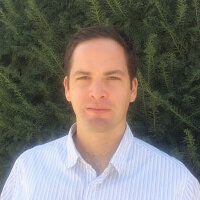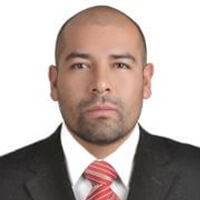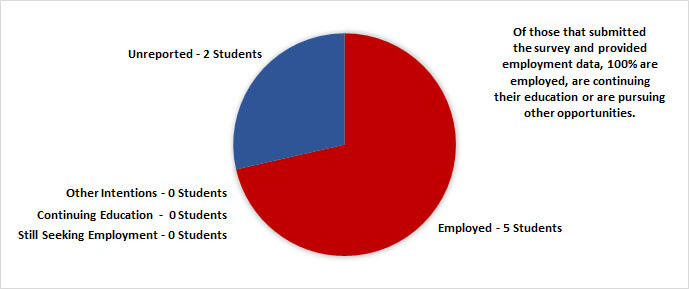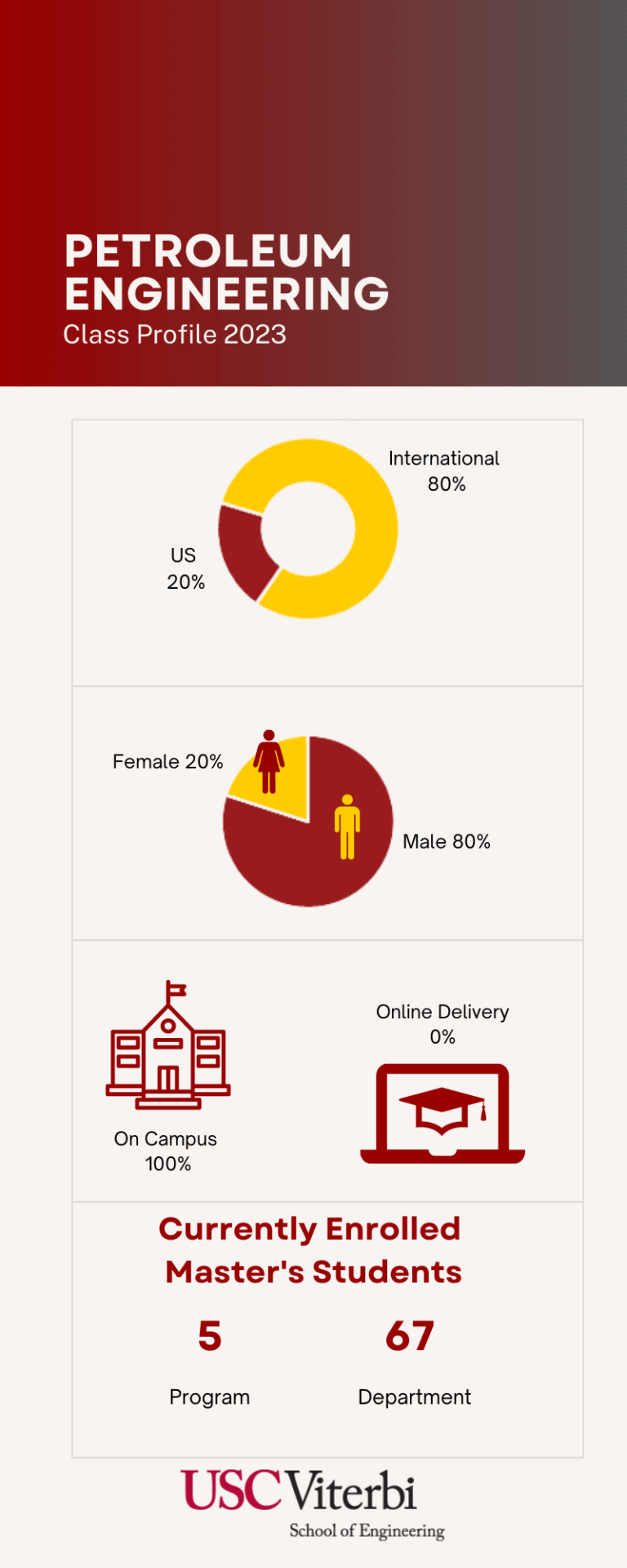Petroleum Engineering involves the technology of economically developing and producing subterranean reservoirs of oil, gas, steam, and hot water and designing underground waste disposal facilities. This technology relies on basic concepts of physics, chemistry, mathematics, geology, fluid mechanics, thermodynamics, and economics. Because more than 300 products are derived from petroleum, it has become a vital part of our everyday life. The petroleum industry is one of the largest and most prominent in the United States today, and the companies involved are dependent on the services of petroleum engineers to explore, discover, and produce oil and gas to meet energy needs.
The USC Viterbi School of Engineering's Petroleum Engineering program is one of the oldest in the country with considerable industry support and interaction. Its assets are numerous - the advantages of a relatively small, friendly program, combined with the University's impressive academic and research facilities; its proximity to major oil fields in California; and a quality education provided by experienced and nationally renowned faculty.
APPLICATION DEADLINES
| SEMESTER | DEADLINE |
| Spring | September 1 |
| Fall | December 15 |
Visit our Ready to Apply page for more information
ELIGIBILITY CRITERIA
Applicants to the master's of science programs in Petroleum Engineering are required to have a bachelor’s degree or be in the process of completing a bachelor's degree. Degrees in any engineering or engineering-related disciplines are frequently represented among our program applicants, including but not limited to the following:
Applications are reviewed holistically; simply taking these courses does not guarantee admission.
APPLICATION REQUIREMENTS
The following materials are required to be included with your online application:
- Transcripts
- Resume/CV
- Personal Statement
- Letter of Recommendation (3 required)
NOTE: The GRE is not required for 2025 applications.
The following link will take you to an overview of the tuition & fees for graduate engineering students, including payment information. Both on-campus and DEN@Viterbi students pay the same tuition
TUITION AND FEES OVERVIEW
Use the link below to download the Cost of Attendance to see a summary of tuition and fees by semester. The document is a typical example and the number of courses, and time to complete the program, will vary by student.
Estimated Cost of Attendance - 28 Unit Program
 HENRY SU
HENRY SU
What attracted you to choose USC for your graduate studies?
When I made the move to Houston, my intent was to get closer to the exploration & production side of the business in Chevron, and at the time, I was also exploring options for furthering my education. After consulting with many, including mentors and management, I decided to pursue a Petroleum Engineering MS program in order to develop a blended "digital engineering" skill set. I chose USC due to the research partnership they had with Chevron, and also the number of current students and alumni I knew who went through the same MS program through DEN@Viterbi.
Overall, how was your USC journey?
Because I did my MS studies part-time while working full-time, I took only 1 class per semester, and so my journey at USC took much longer than for a full-time student (over 4 years, in fact). The journey was long, challenging, but very fulfilling. And I can surely say that I've learned a lot along the way.
What are your future plans after completing your degree?
My future plans are to continue working at Chevron, hopefully in a digital engineering role which makes use of both my undergrad in Computer Science and the Petroleum Engineering knowledge that I've gained from my MS studies.
.

TOMAS GUERRA ALDAZABAL
Tell us a little bit about yourself.
I did my bachelor's degree in geological sciences in my home city at the University of Buenos Aires. I also have two years of experience in the oil and gas industry. I worked as a field engineer in Schlumberger in Neuquén, in Argentinean Patagonia.
What attracted you to choose USC for your graduate studies?
USC has a unique program for petroleum engineering that accounts for the digital transformation that the industry and the world is going through. This includes the use of smart tools and soft computing techniques applied to different aspects of the industry. I found this program very interesting and challenging considering the trends of the industry and my background. Another decisive factor was the location. Los Angeles is a beautiful city and I really enjoy living here as the weather is amazing and many outdoor activities can be done.
Overall, how was your USC journey?
It was a great experience, not only academically but also as a social experience. I feel that the biggest takeaway of this journey is the people I met and had the chance to share a piece of this part of my life. I had the opportunity to make friends from different countries and cultural backgrounds which helped me grow as a person.
.
 OMAR DE GANTE
OMAR DE GANTE
Tell us a little bit about yourself — where are you from, where did you study or work previously, what are you interested in and why?
I grew up in Puebla, Mexico, a city near Mexico City, I did my bachelor’s degree in Mechanical Engineering at Universidad de las Americas. After finishing my studies, I was hired by one of the biggest Oil and Gas service companies in the world, and I’ve had the opportunity to work in so many different cities — Texas, New Mexico, Oklahoma, Canada, India, UAE and Saudi Arabia.
Tell us about your interests outside the classroom.
I was the vice president of external affairs for the Society of Petroleum Engineers (SPE) USC chapter. I used to plan events like technical talks from experienced professionals on campus and field trips to within the industry for fellow students. It was a very challenging but rewarding experience that gave me the opportunity to meet experienced professionals from the local oil and gas industry.
Is there something that may surprise people about you?
My brother and I became part of the Trojan family because we did the same master’s program, at the same time. We took the same classes and we were roommates for two years. Fun fact — professors thought we were twins! (We are not, I am the older brother). We also used to play water polo at a competitive level, and we had the opportunity to play again after many years in the water polo club at USC.
2022 First Destinations Survey - Outcomes*

Alumni Employment - 2022*
(Companies & Job Titles)
- AccessESP - Global Completion Field Services Engineer
- CNPC Economic & Technology Research Institute - Petroleum Engineer
- IPA, Inc. - Research Analyst
- Reservoir Management Group - Chief Engineer
- Southern California Gas Company - Pipeline integrity Associate Engineer
Previous Years
- ARAMCO - Petroleum Engineer
- Chevron Corporation - Petroleum Engineer
- China National Petroleum Corporation - Reservoir Engineer
- CNOOC - Drilling Engineer
- E&B Natural Resources - Production Operations Engineer
- Exxon Mobil - Reservoir Engineer
- Halliburton - M/LWD Field Engineer
- Reservoir Geo-Services, LLC
- Schlumberger - Measurements Performance Live Engineer
.
* Information is based on a voluntary survey and should not be interpreted as a comprehensive view of the 2022 graduating class.
.
This program is also available online to professional engineers through DEN@Viterbi. Because the DEN@Viterbi program provides a fully equivalent academic experience, the degree a USC engineering student earns is the same whether they are on-campus or online.
If you are interested in beginning classes as a DEN@Viterbi student next semester, explore the requirements and steps to enrolling as a Limited Status Student.
Learn More About DEN@Viterbi
Detailed Program Curriculum and RequirementsSchedule of Classes
DEN@VITERBI ONLINE COURSE OFFERINGS
The following courses and program requirements serve as program planning for DEN@Viterbi students. Course offerings and availability are subject to change. Please consult with advisor if you have any questions.
Required Courses
|
| All Courses Required - 19 units total. |
| PTE 507 | Engineering and Economic Evaluation of Subsurface Reservoirs (3 units) |
| PTE 508 | Numerical Simulation of Subsurface Flow and Transport Processes (3 units) |
| PTE 517 | Testing of Wells and Aquifers (3 units) |
| PTE 531 | Enhanced Oil and Gas Recovery (4 units) |
| PTE 555 | Well Completion, Stimulation, and Damage Control (3 units) |
| PTE 582 | Fluid Flow and Transport Processes in Porous Media (3 units) |
| Elective Courses |
| Complete 3 courses (9-10 Units) total from the list below. |
| PTE 502 | Advanced Reservoir Characterization (3 units) |
| PTE 514 | Drilling Engineering (3 units) |
| PTE 572 | Applied Geostatistical Modeling for Subsurface Characterization (4 units) |
| PTE 578 | Advanced Production Engineering (3 units) |
| PTE 588 | Smart Oilfield Data Mining (3 units) |
Deficiency Courses
|
| Students without a B.S. in Petroleum Engineering must complete deficiency courses at USC. Units from these deficiency courses cannot be applied towards the M.S. in Petroleum Engineering. If you have questions about deficiency courses please consult with your department advisor. |
Please complete the following form for more information.






